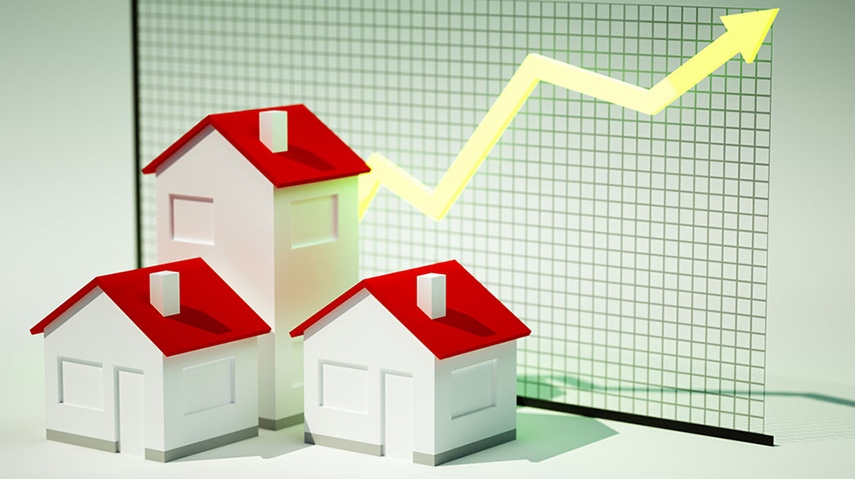New figures coming out this week will show Canada’s GDP is growing at more than 3%, according to a Statistics Canada forecast – and the Organization for Economic Cooperation and Development has expressed concerns over the rate of growth, especially in the real estate sector in Toronto and Vancouver.
The value of residential real estate in Canada increased by $384 billion in 2017’s first quarter, Statistics Canada reported earlier this year. This surge in home prices and housing wealth in Toronto and Vancouver has prompted households to ramp up spending, the Financial Post reported this week.
The Financial Post added that such growth is not sustainable, and said, “Economists estimate household spending growth will fall back below 2% by 2018, which is a slower pace than the overall economy – a rare occurrence.”
In British Columbia, the provincial government released its 2016/17 public accounts last week, posting a $2.7 billion surplus. This may have been partly due to the huge increase in property transfer tax (PTT) revenues, which totalled $2 billion in the last fiscal year.
This prompted Tsur Somerville, professor of economics at the University of British Columbia, to point out on CBC’s Early Edition radio show that the income from the hot real estate market is not just about PTT but also from income tax on industry workers’ pay, sales tax on new homes and items such as furniture, which are all related.
Somerville observed on the show that the BC NDP might have difficulty fulfilling its promise to cool down the local housing market considering that the provincial budget surplus relies on the activity in that market. “If you slow down the real estate industry, because it’s an overly large part of our economy, you’re going to have some repercussions,” said Somerville.“It’s not a healthy situation to be that dependent on real estate, so the adjustment is going to be a little bit painful no matter what happens.”
University of Victoria economist Lindsay Tedds also told the CBC that the BC economy is intrinsically tied to the performance of the housing sector.
“Much as we like to point to Alberta being so reliant on their oil revenues, we are very reliant on the real estate industry to prop up our economy,” Tedds told the CBC.
Source: REW.ca


